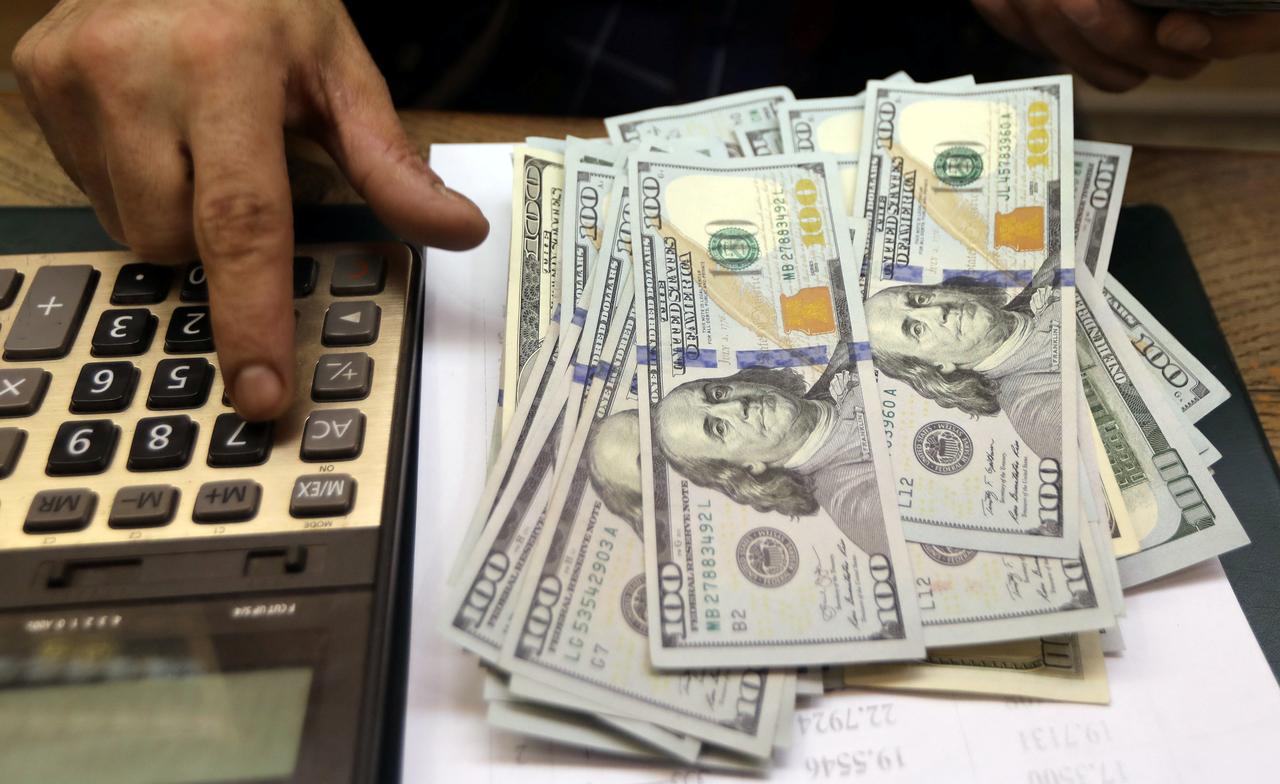
Despite doubts a trade deal will be reached when trade talks between Beijing and Washington resume this week, market watchers attributed the moves to positioning after a bout of volatility last week.
"We had a lot of market volatility last week, and the current move in the high-beta currencies is due to some unwinding of extreme long positions in the dollar," said Nordea Senior FX Strategist Morten Lund. The latest futures data showed hedge funds have added to their massive long dollar positions.
Against a basket of other currencies, the dollar dipped 0.1% to 98.85 after posting its biggest single-day rise in a week in the previous session.
Markets will be looking for comments from US Federal Reserve Chairman Jerome Powell later in the day after some weak US data last week raised concerns the US economy may be heading towards a protracted slowdown.
The euro got a boost from German industrial output, data which unexpectedly rose in August. The single currency gained 0.2% to $1.0989 but remained within sight of last week's $1.08790, its lowest in more than two years.
The Chinese yuan rose in onshore and offshore trade as Chinese financial markets re-opened after a week-long holiday.
The Australian and New Zealand dollars, which are linked to global trade, edged higher as some investors reduced bearish bets. Dealers warned the move could fade depending on the trade talks in Washington.
Deputy-level meetings between US and Chinese trade negotiators began in Washington on Monday, with little immediate signs of progress.
Elsewhere, sterling dived to a one-month low against the euro on Tuesday on reports that Brexit talks are close to breakdown.

















COMMENTS
Comments are moderated and generally will be posted if they are on-topic and not abusive.
For more information, please see our Comments FAQ